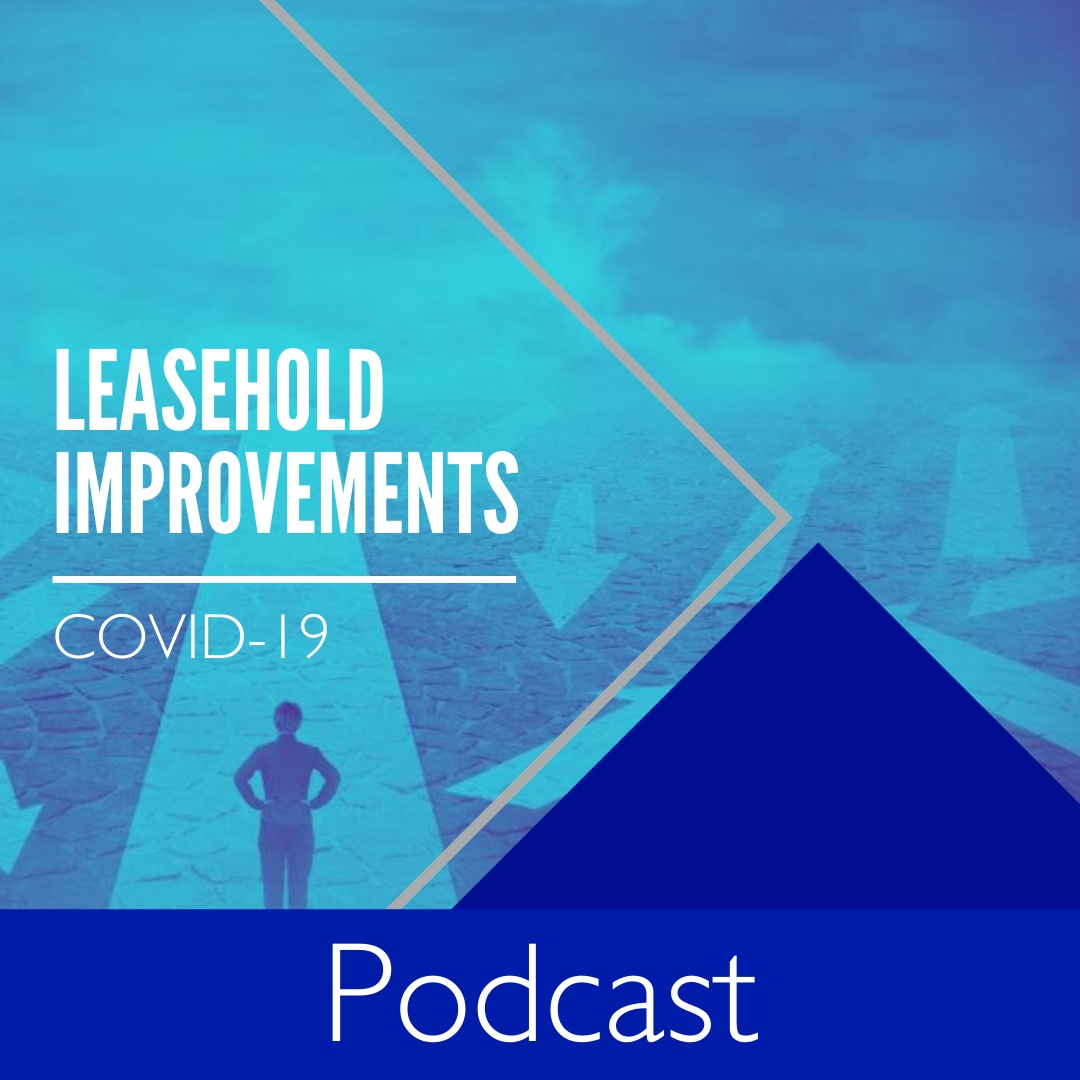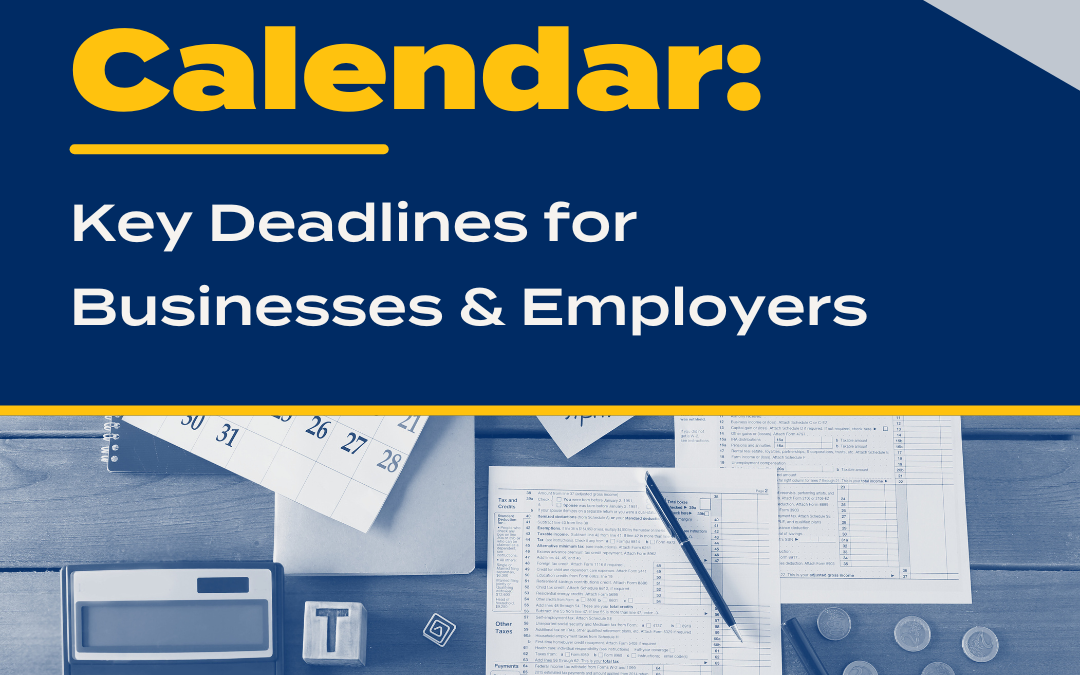We recorded this show on April 28, 2020, and things are changing daily. So this is what we know as of the time of recording.
One of the welcome corrections from the Coronavirus Aid, Relief, and Economic Security (CARES) Act was the return of the 15-year depreciation on Qualified Improvement Property. Due to a drafting error on a prior tax bill, this type of property was actually required to be depreciated over 39 years beginning in 2018.
What is Qualified Improvement Property?
These are basically improvements to the interior portion of a nonresidential building. So it’s not available for residential real estate, but it is available for nonresidential real estate.
These improvements can be made by the lessor or the lessee, as long as there’s an agreement that’s in place and that agreement is not between related parties.
The other thing is, the building can’t be a brand new building; it has to be a building that’s at least three years old. This would include things like interior walls, partitions, flooring, lighting, plumbing—those kinds of things.
What does not qualify?
So, what it doesn’t qualify for is elevators and escalators, any internal walls that are actually structural in nature and actually enlarging a building.
So it would not be for putting an addition to the building, but it would be for things like maybe redoing an office or a bathroom, maybe “refreshing” the interior part of a retail shop or restaurant … so from that point of view, it’s pretty broad.
So when are these changes actually effective?
So the law retroactively changes depreciation back to 15 years beginning when it expired back on Dec. 31, 2017. So as you can imagine, there’s going to be some changes to returns that are already filed, and those returns will take advantage of this faster depreciation.
Right; so are we just looking at the difference between 15 years and 39 years of depreciation?
No, so it’s bigger than that. Now that the improvements are going to be classified back as 15-year assets, they’re now eligible for the 100 percent bonus depreciation. So essentially with this tax law change, it changes a 39-year write-off to a write-off that can be done all in the first year—so it ends up being a pretty big deal.
Do you think you that we will see a lot of amended returns being filed because of this?
Yes, I think so; I think we’re going to see a fair number. But of course, in tax law, it’s not as simple as filing an amended return. So that’s where you’re going to need to talk to your accountant or your CPA to figure out how exactly you can take advantage of these on your return.
Sign Up to Receive Email Updates
Be sure you’re getting the latest insights as legislative developments occur. We’re here for you with tax insights and business resources.
Sign Up Now
We Are Here for You
Contact us to talk through the challenges your business faces as you navigate through this unprecedented time. No doubt you’ll need help assessing cash flow and making smart projections, reviewing loan covenants, lining up bridge financing, talking to banks and lenders, figuring out staff loads and employee counts, handling disrupted supply chains, and so much more.
Read An Important Message from Our Firm





